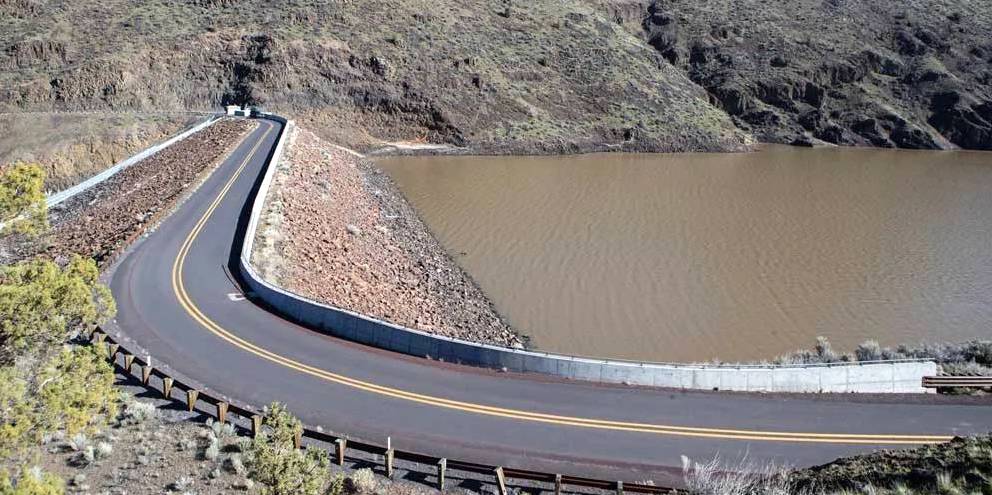Editorial: Send clear message on Tumalo Reservoir
Published 12:00 am Wednesday, December 30, 2015
Try to figure out who owns Tumalo Reservoir and the area around it, and it’s easy to get confused.
The answers could change access to public lands, wildlife protection and development.
That’s why the Deschutes County Commission made a good decision Monday to try to settle the matter.
The area in question is about 755 acres off Tumalo Reservoir Road. Look at one map and the state of Oregon appears to own a corner of Tumalo Irrigation District’s Tumalo Reservoir.
If that’s true, the irrigation district can’t technically regulate what goes on there, Ken Rieck, manager of the district, told us. That state-owned land could also be sold, effectively selling off part of the reservoir.
The Bureau of Land Management also contests the ownership of land west of the reservoir the state says it gave to the irrigation district.
Faced with these issues, the irrigation district went to the county to settle its boundary with the state through what’s called a lot of record verification.
County staff made a decision. A hearings officer backed that up. But Central Oregon LandWatch appealed the decision. Deschutes County Commissioners decided to hear the appeal.
That doesn’t mean the commissioners agree with LandWatch. Commissioner Tammy Baney said the questions involved are an issue of concern to county residents and the commission’s decision carries weight with the state land use board, if the matter is appealed again.
LandWatch and some who live near the reservoir are concerned for a number of reasons. We’ll deal with a few. One is that when properties are lots of record they can theoretically be developed.
There have also been debates in the past about access to the public lands beyond the reservoir and what types of hunting and shooting are allowed.
And there’s a concern about wildlife. When the state conveyed the property to the irrigation district, it stipulated that the property is supposed to be held in public ownership and used as a winter feeding area for wildlife. LandWatch is concerned that fragmentation of the land into individual lots weakens the wildlife protection.
Those are reasonable concerns. But the commission should have no trouble dealing with them. Liz Fancher, the attorney for the irrigation district, said the district is “not changing the use or management of the land.” Reick, the district’s manager, told us basically the same thing.
“It’s going to stay like it is,” he said. “It’s just the lines that are in question.”
Commissioners should support the decision of its staff on the boundaries.






